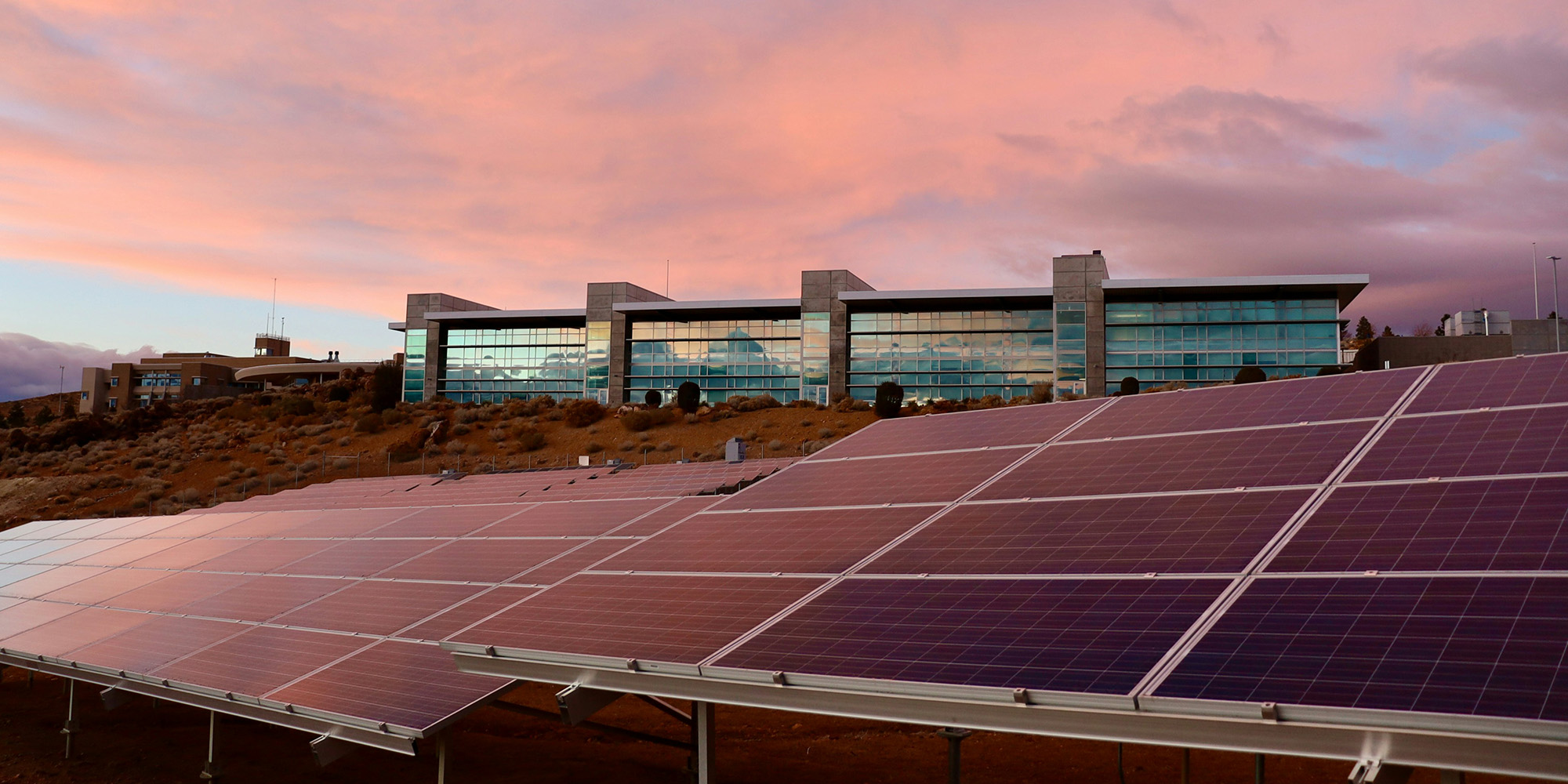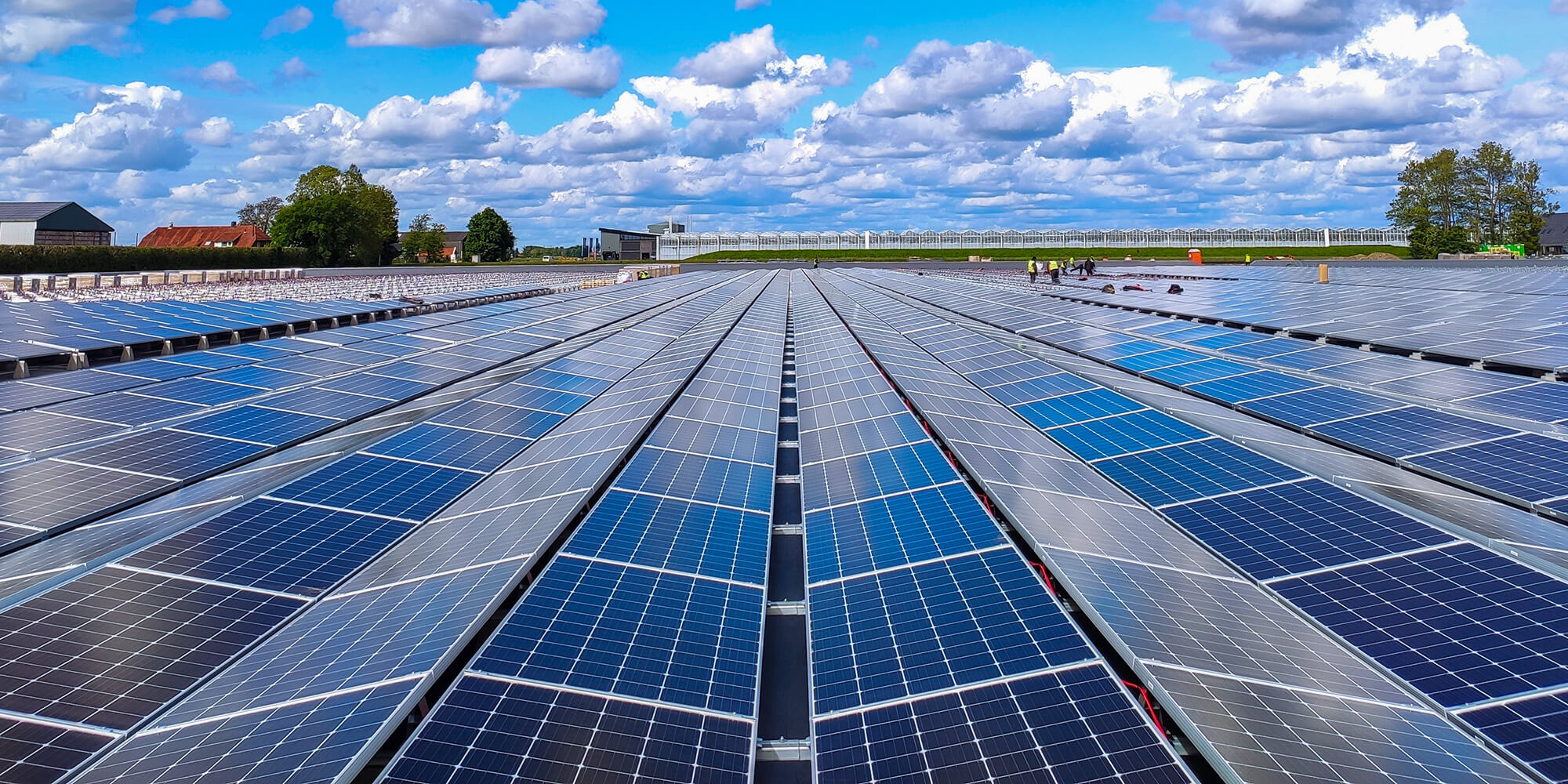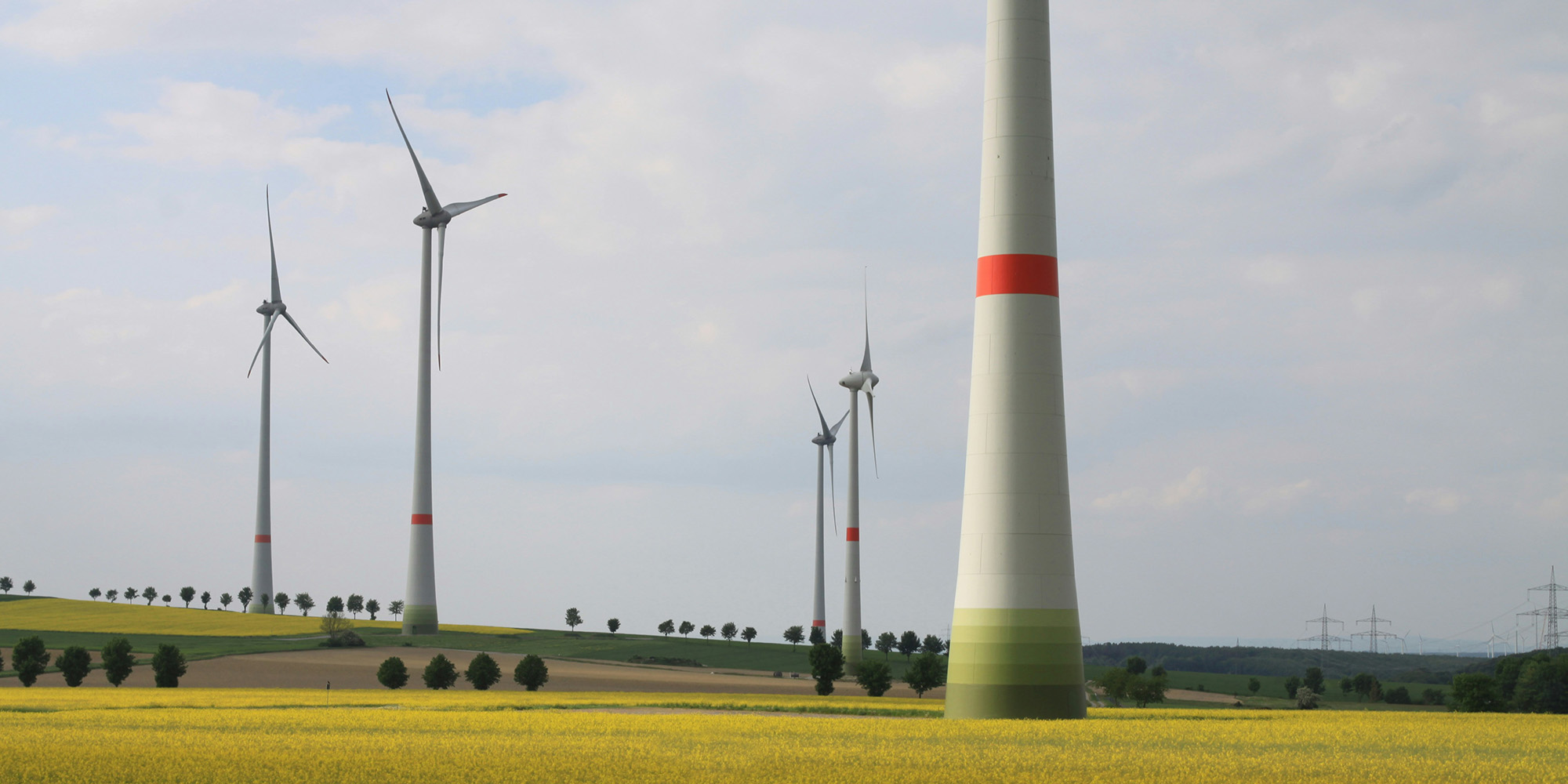
If traditional utilities want to keep their market position, they should follow recent market trends and develop cost effective products that fulfil corporate needs. Losing volumes and income to corporate PPAs show lack of innovation and low marketing focus.
RE-Source 2019 gathered experts and corporates discussing the latest trends in PPAs
RE-Source 2019 was arranged in Amsterdam in the beginning of October 2019. More than 900 participants from 49 countries attended the conference. The conference is organised by Solar Power Europe and Wind Europe, two organisations representing the wind and solar industries in Europe. For companies related to the value chain of producing and marketing solar and wind electricity, more than 100 buyers of renewable electricity were represented at the conference. The focus of the conference was corporate sourcing of renewable electricity with special focus on PPAs between producers and corporate consumers. PPAs had a major position in electricity markets before market liberalisation, and now we see this type of solutions is coming back in business.
Corporate demand for electricity that contributes to more renewable energy
The general signals from corporates represented at the conference were focus on change from fossil to renewable energy, a wish to get renewable energy solutions that contribute to more renewable energy investments and integrating UN’s SDGs into business strategies. Corporate buyers want a secure electricity supply at predictable and competitive prices, and be able to communicate their renewable energy solutions. Done the right way, procurement of renewable energy can improve the value of an organisation in various ways, but it is difficult to find companies that have made traditional investment analysis and quantified the additional value of establishing a renewable energy solution. Most companies expressed expectations to become more attractive in the financial markets (cheaper loans and equity), in the employment market (win the war for talent), increase the value of brands (attract customers and loyalty to products and services) and improve the company profile (everybody likes to have a nice neighbour).
Retro-solutions are coming back
Many new renewable power projects are owned by pension funds and financial investors that have little experience from operating power plants and handling electricity market risks. They often require a fixed cash flow as the basis of their investments but accept a lower return than the traditional energy companies handling all involved market risks. Combining long-term PPA contracts with new renewable capacity investments is an ideal solution for investors to hedge energy price risk and give a fixed cash flow. Thus, focus on long-term PPAs grows. At the same time, we see electricity consumers that want to buy and stimulate renewable energy investment. Some consumers increase their willingness to enter into long term power contracts if the price is competitive – even if such contracts can add new business risk. Few electricity consumers have income linked to long-term energy prices, meaning that a fixed energy price could give competitors an advantage if energy prices drop.
Long-term corporate PPAs were for many years common contracts among European power intensive industries. This type of contracts secured the consumer long term power supply and gave the power producer a predictable cash-flow suitable for financing new power plants. When the European power market was liberalised during the 1990s, the importance of these long-term retro-PPAs was reduced and new market instruments took over as the main instruments to secure energy supply, fix energy prices and hedge risk positions. In the US only a few states have liberalised the retail electricity market. PPAs directly with the producer are still important to give competition and arrange solutions outside the monopoly. Many US corporates are therefore used to PPAs as the most competitive solution. A relevant question is why we see a growing interest for PPAs in the European electricity market that was liberalised many years ago. Modern market instruments should give electricity suppliers everything needed to offer solutions covering all the needs of electricity consumers.
Lack of competitive solutions offered by traditional utilities
Several corporate consumers and new investors/producers of renewable electricity say it is difficult to find good electricity solutions in the liberalised European market, and therefore prefer long-term PPAs specially designed to cover their needs. Market regulations have changed considerably over the last 20 years, so a PPA now is more complicated than it used to be. At RE-Source 2019, French railway company SNCF said that two employees had worked for two years to prepare the 25-year 143 MW and 200 GWh/year solar PPA with Voltalia that they entered into this summer.
If we look at other industries, there are few examples of corporate consumers entering into contracts comparable to PPAs. Even if you travel a lot or need office space, you normally buy tickets in the spot market or enter into an office lease for a few years. Instead of buying your own plane or office building, most companies will buy the services from an intermediary (for example airline or office rental company that deliver a suitable solution and handle market risks).
Utilities should deliver renewable solutions to avoid losing volumes and income
In the electricity market, the natural intermediaries to buy PPAs from power projects will be electricity utilities with long experience to handle market risks. They have experience to handle production and long-term procurement through sales of short-term contracts to end consumers.
The feedback from solar and wind power investors/producers and from the corporates represented at RE-Source, is that it is difficult to find utilities offering good solutions based on a liberalised market with modern and cost-effective instruments. There are some exceptions, Statkraft and Axpo are examples of large projects with several local utilities that offer PPA solutions to smaller power plants. Many new producers and corporate buyers of renewable energy do not find traditional power utilities offering the services they are looking for. The result is that we now see an oversupply of long-term PPAs in the sense that there are many projects ready to be developed if they succeed to find a long-term PPA buyer. The oversupply reduces prices and long-term PPAs are offered at prices giving a return well below traditional energy return requirements, but still acceptable to financial investors with a long-term horizon.
Due to low PPA prices, energy companies can get a better expected return from buying a long-term PPA than investing in their own production capacity. Maybe an even better option for an energy company is to develop new projects, sell the power plant to a pension fund based on a buy back of a long-term PPA. The financial resources can be concentrated to business areas giving high return on energy experience and competence, while the low return business (owning steel and concrete) is taken care of by the financial investors.
Many companies, especially from the financial advisory sector, offer modern PPA-services and arrange corporate PPAs that fulfil the needs of both investors, producers and corporate consumers. Why do many traditional utilities avoid solutions that focus more on the needs of their customers and less on low energy price? At RE-Source few traditional utilities were participating. There is much focus on corporate PPAs in the European electricity market, so why did so few utilities participate?
Solutions based on market instruments could be an alternative to long-term PPAs
Long-term PPAs with fixed-price are not for everyone. They can give low cost energy, but there is a risk for lower future market prices.
By using the instruments available in a liberalised market and focusing on current requirements when corporates buy electricity, it should be possible to offer competitive solutions. An energy supply contract will secure electricity from the grid at spot price, a Guarantee of Origin contract will be a standard agreement with a producer to produce and deliver the electricity to the grid, a price hedging contract will secure the energy price for the relevant period and agreements related to specific requirements such as environmental standards, new investments, technology and other issues, can fulfil the last requirements to give the buyer an energy solution for the future that fulfils all the needs of the consumer and contribute to increased value of the corporate buyer.
Some utilities have seen possibilities and offer competitive solutions, and for many consumers cost-effective solutions based on market instruments will be a good alternative to PPAs. To be prepared for the competition from modern PPAs, utilities should improve their products to fulfil the customer’s needs. According to corporates at RE-Source, this is not the case today.


.png?width=3840&height=2560&name=Sun(1).png)

.png?width=3840&height=2560&name=Landscape_2(1).png)





